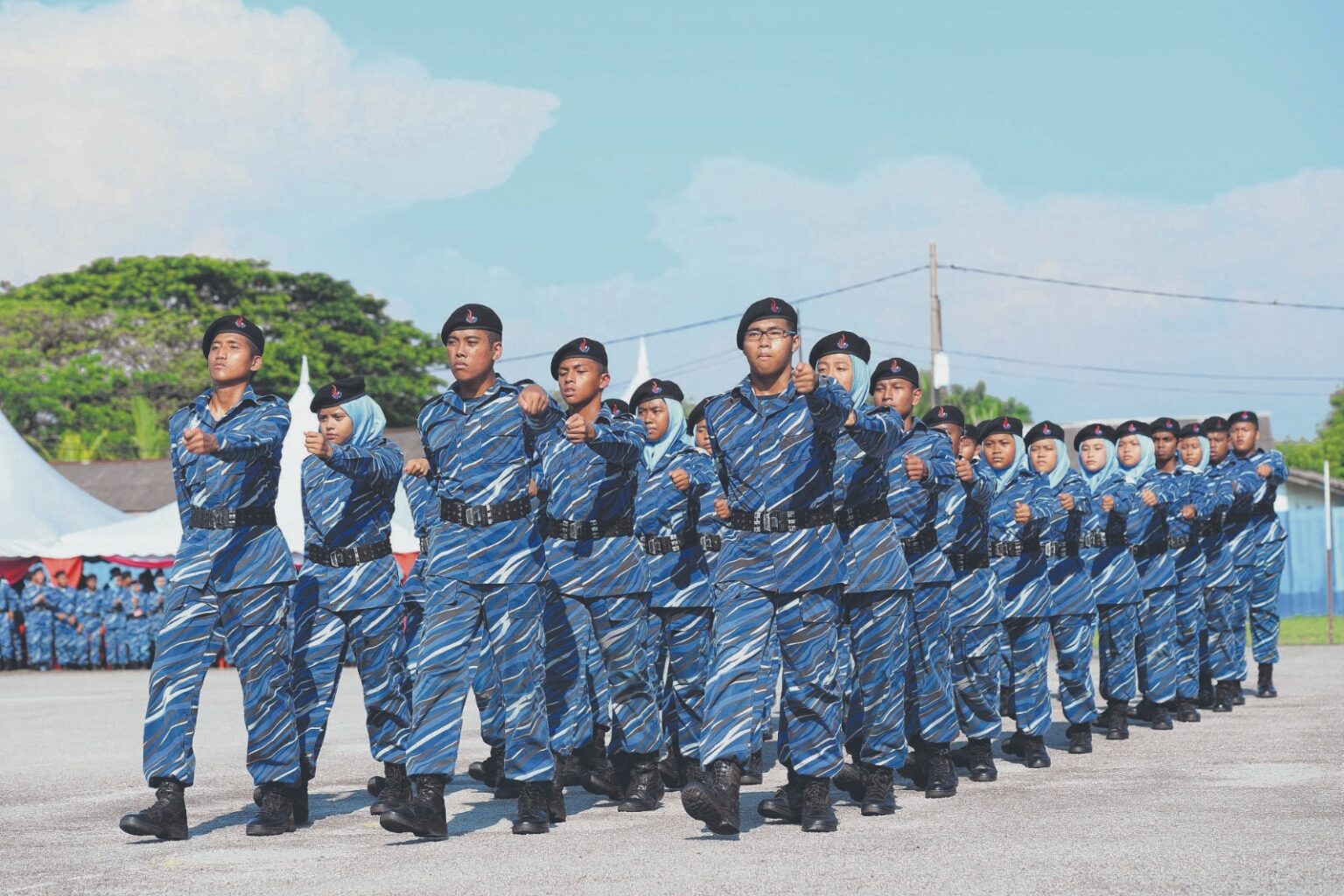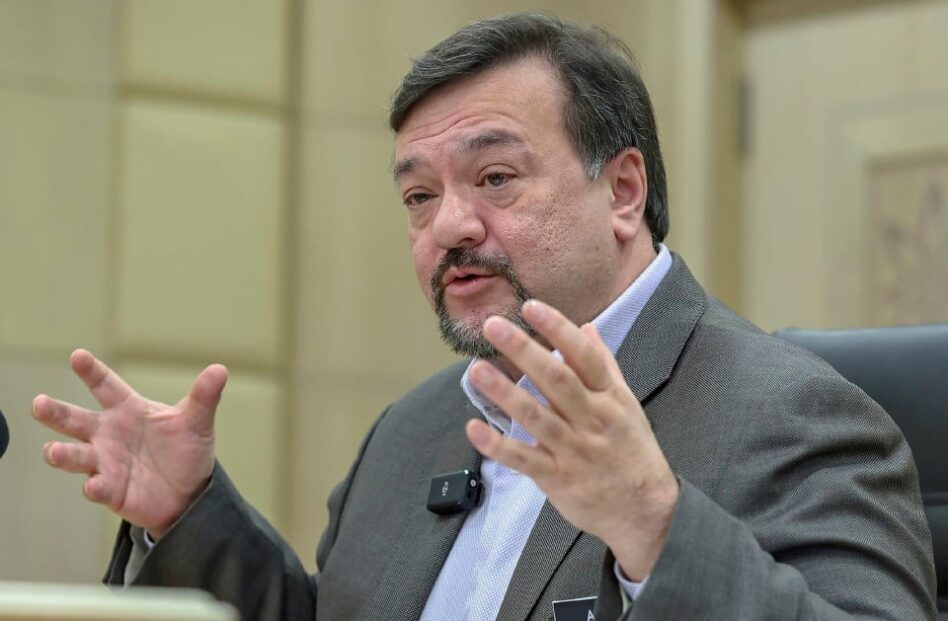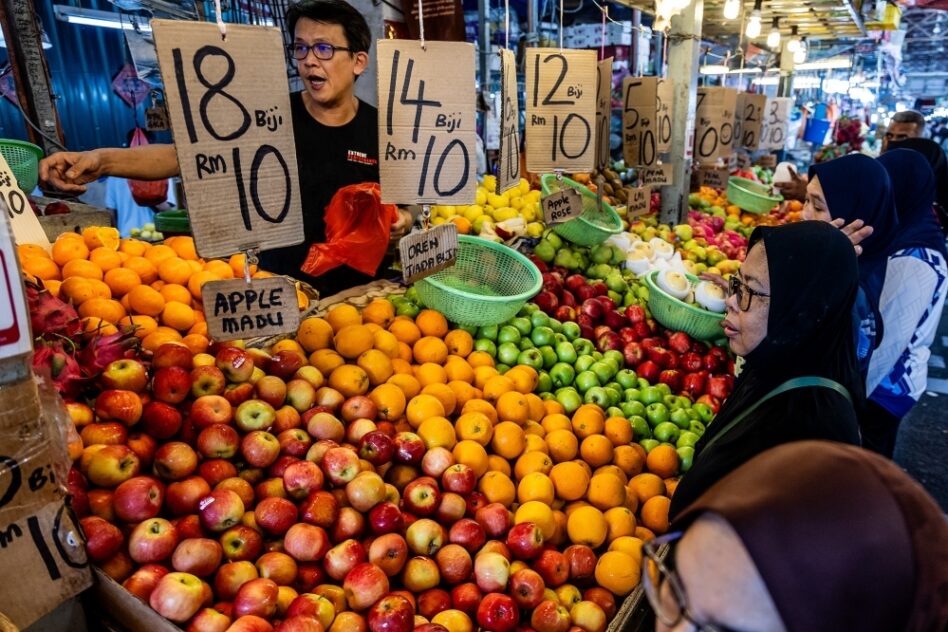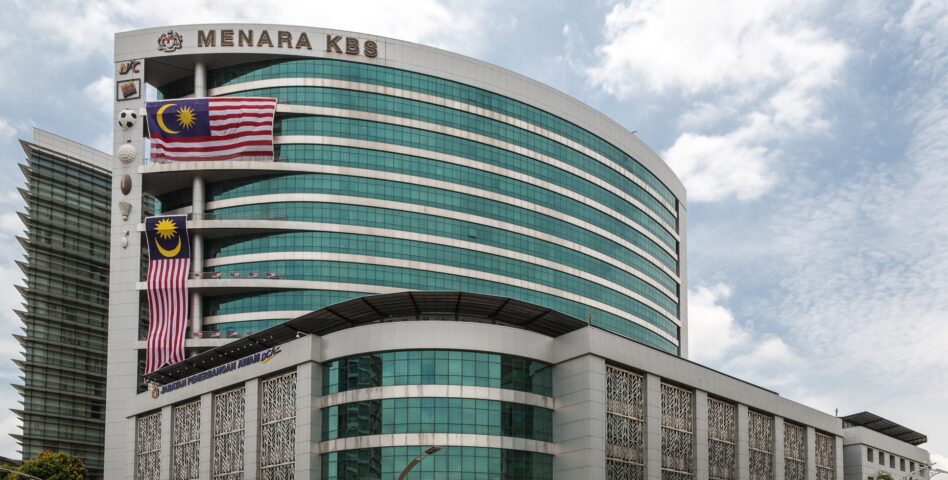THE unity government has agreed to resume the National Service (PLKN) with a different training method than before, with youths expected to undergo training in military camps.
Defense Minister Datuk Seri Mohamad Hasan said, as many as 13 territorial (Wataniah) military camps will be used for training for a period of 45 days, with a capacity to accommodate a total of 20,000 trainees.
“The government has reconsidered resuming PLKN. The Cabinet Ministers in 2021 has already approved that it be reviewed in a new way for us to continue PLKN,” Mohamad, who is popularly known as Tok Mat said in the Dewan Rakyat today (Oct 9).
“A special committee has been established by the Defence Ministry (MINDEF) to study how we can revive PLKN, but with a new ‘template’.”
Mohamad added that the proposal would also help save costs in running PLKN, bringing it down to less than RM100mil a year from the previous RM500 mil.
“Most importantly is the end result, we produce quality, disciplined and patriotic youths,” he added.
According to Mohamad, unlike the previous PLKN which was more like a “summer camp”, the revived programme will be geared more towards providing youths with army training.
In the new PLKN, he said there would be three phases: Phase 1 at school level with the involvement at uniform units under co-curricular activities, followed by a 45-day camp under Phase 2, and then Phase 3 where the trainee would be welcomed by the agencies.
“Under Phase 2, 90% of focus will be on military-style identity building and another 10% on statecraft (ketatanegaraan),” the Rembau MP said.
Mohamad also explained that the revived PLKN will not use the South Korean or Singaporean model as a reference.
He said a working paper by the committee would be presented to the ministry before being submitted to the National Security Council for approval.
Mohamad, however, did not give a timeline for reintroducing PLKN and agreed with the recommendation that the issue be looked into by a Parliamentary Special Select Committee for more feedback.
PLKN was introduced in 2004 involving the random selection of youths aged 18 for a compulsory three-month programme.
It was halted in 2015 and reintroduced the following year with participation to be made optional by 2019.
However, it was abolished in 2018 and replaced with a youth leadership programme during the Pakatan Harapan (PH) administration. – Oct 9, 2023
Main pic credit: Utusan Malaysia









